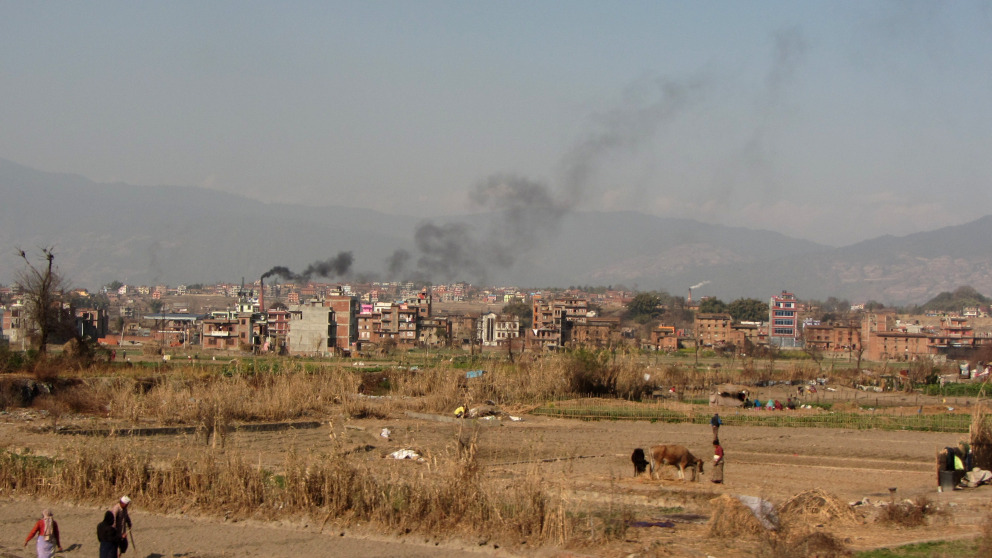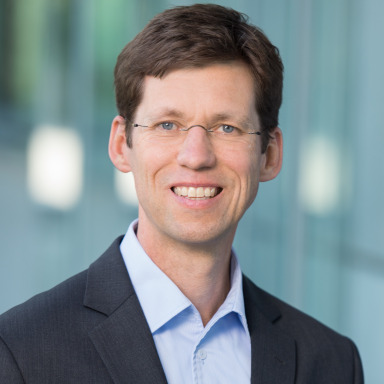Headline:
One Year of Climate and Clean Air Coalition (CCAC): Potential to slow global temperature rise

At the occasion of the first anniversary of the Climate and Clean Air Coalition (CCAC) on February 20, 2013, the Institute for Advanced Sustainability Studies – a non-state partner of the Coalition since December 2012 – takes stock of its own contribution to draw attention to “Short-Lived Climate-Forcing Pollutants” (SLCPs). Just as the CCAC itself, the IASS underlines the fact that actions to reduce SLCPs must be complemented by immediate deep and persistent cuts in carbon emissions if global mean temperature rise over the 21st century is to be held below 2°C.
Since its launch in February 2012, the Climate and Clean Air Coalition has grown from seven to over 50 partners half of which are governments and the other half non-state partners, among them the Institute for Advanced Sustainability Studies (IASS). The CCAC is a global movement for fast and scaled-up actions across a range of economic sectors including transport, oil and gas, and waste, to ensure reductions of emissions. Just one month after the launch of the CCAC, on March 19-20, 2012, the IASS hosted the “Potsdam Workshop on SLCPs”, convening over 30 experts from around the world to discuss the potential ways forward for the CCAC. Several of the participants went on to become members of CCACs Scientific Advisory Panel, including Joseph Alcamo, Markus Amman, Veerabhadran Ramanathan, and Drew Shindell. Since then, the IASS increased its efforts on SLCPs in breadth and depth by establishing three scientific research groups at the IASS and launching an intensive measurement campaign in Nepal, one of the most polluted regions in the world when it comes to air quality.
Beyond scientific research, the IASS has established two projects focused on transfer of knowledge between academics and society, along with an Interdisciplinary and Global Working Group (IG-WG) that brings together researchers and stakeholders across continents and disciplines to address air pollution and climate change in an integrated manner. Furthermore, dedicated events are being used to engage policy-makers from communal to national levelin Germany as well as at the European level in Brussels.
By highlighting the necessity of such an institution in order to address the issue of global warming and SLCPs in a coordinated manner, the IASS looks forward to continuing and intensifying its cooperation with the CCAC in 2013 and beyond: “It is tremendously encouraging how quickly the CCAC has been building up and the topic has gathered attention internationally. We need to see more of this good development over the next year, however, to ensure that it really has a global impact”, comments PD Dr. Mark Lawrence, Scientific Director of the IASS.
For more information about the work on SLCPs at the IASS, please see here. For more information on the CCAC, please see http://www.unep.org/ccac.

